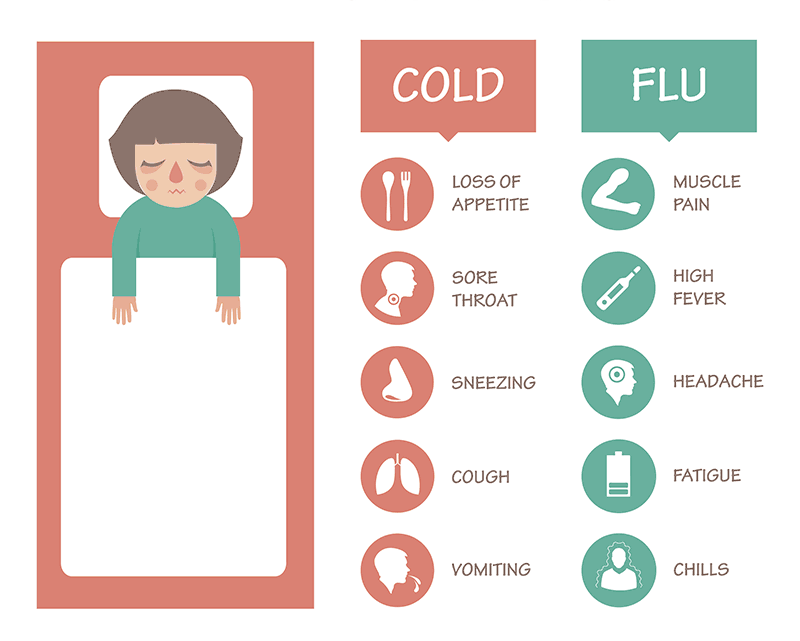by Tamara Walker Harper, M.D., FAAP
This season has been a record influenza (also known as Flu) season with flu activity expected to remain high possibly through early April. Influenza is a respiratory illness caused by flu viruses. It can cause mild to severe illness, and at times can possibly even lead to death. Already, there have been more than 60 pediatric deaths reported secondary to Influenza.
SYMPTOMS OF FLU
The flu is different from a simple cold, although it can be hard to differentiate symptoms. Flu usually comes on suddenly with some or all of these symptoms: Abrupt onset of fever or feeling feverish/chills, cough, sore throat, runny or stuffy nose, muscle or body aches, headaches, fatigue or increased tiredness/sleeping in infants or toddlers. In addition, children with the flu also may experience vomiting and diarrhea as symptoms, typically less common in adults. While these symptoms are common with a simple cold, the symptoms are milder and usually have a more gradual onset as opposed to the flu with rare to low-grade fever, typically not spiking over 101.

PEOPLE AT HIGH RISK
While most who get the flu will recover in a few days, some are more at risk to develop complications as a result of the flu. Such complications include pneumonia, bronchiolitis, sinusitis and ear infections. In addition, flu can possibly make chronic health problems worse, such as asthma, chronic lung disease, sickle cell disease, diabetes and heart disease. Those at highest risk for developing complications include children younger than age 5 years old with increased concerns for those younger than 2 years old, as well as adults 65 years of age and older, pregnant women and those up to two weeks postpartum.
TREATMENT OF FLU
In most cases, people with the flu have mild illness and do not require medical care or antiviral drugs. However, it is advised that those in a high-risk group (as listed above), or those that are very sick, contact a health-care provider for treatment and care, as it is advised that those in the high-risk groups should receive antiviral treatment as early as possible. Benefit is greatest if treatment is started within two days of illness onset.
Emergency room visits are ONLY recommended for those who are very sick, exhibiting emergency warning signs of flu sickness. Emergency signs in children include: fast breathing or increased work of breathing, bluish or pale skin color, concerns for dehydration with minimal fluid intake or fewer wet diapers than normal, not waking up or not interacting, being so irritable that the child does not even want to be held, flu-like symptoms that seemed to temporarily improve but then return with fever and worsening cough.
Whereas emergency symptoms in adults may include: pain or pressure in chest or abdomen, sudden dizziness, confusion, severe and/or persistent vomiting, or again feeling better followed by feeling much worse.
PREVENTION OF FLU
Vaccination remains the best available protection against influenza. Annual seasonal influenza immunization is recommended for everyone 6 months and older. While it may have been true that this year’s vaccine has had lower than expected effectiveness against some of the more aggressive strains of flu, some protection is better than none!
The good news remains that those who are vaccinated who get the flu usually get a milder form of the disease with decreased risk of complications. It’s not too late, as it has been predicted that we will have an active flu season for several more weeks.
Harper, a Garden Park Medical Center provider, is board-certified by the American Academy of Pediatrics. Reach her at The Pediatric Center, Gulfport.


